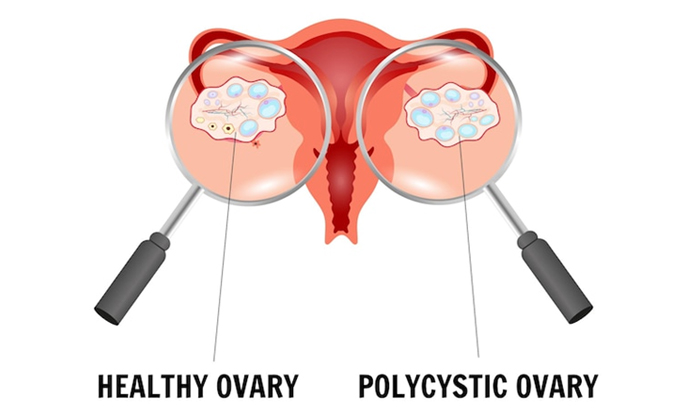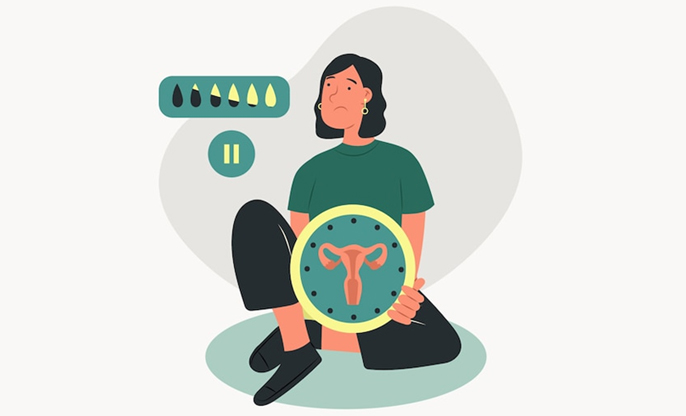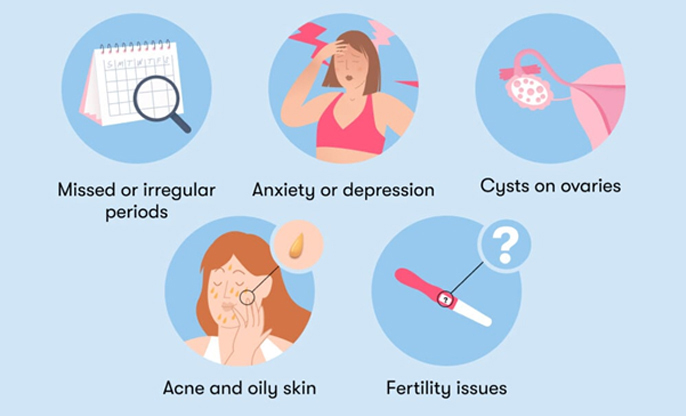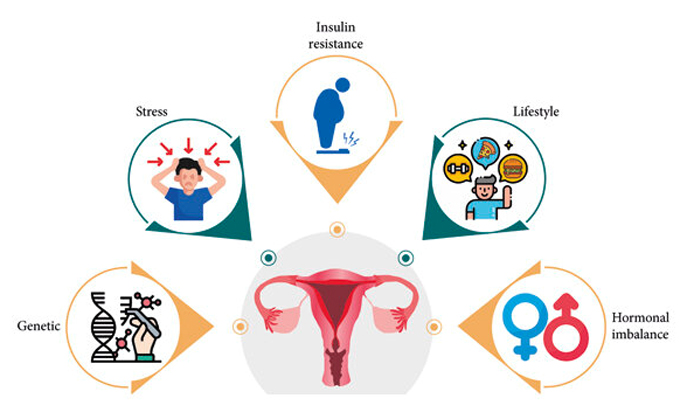
Polycystic Ovary Syndrome (PCOS) is a complex condition that affects about 10% of women during their reproductive years, with symptoms like irregular periods, unwanted hair growth, acne, and sometimes weight changes.
When you first consult with a doctor, they'll delve into
your medical history. They'll want to know about your menstrual cycles, any
sudden weight changes, and hair growth patterns, as well as any previous
diagnoses of related issues like diabetes. Knowing if your family has had
similar problems is crucial because PCOS can be hereditary.
During the physical examination, the doctor will look for
signs of increased androgen levels, such as severe acne, specific patterns of
hair growth, or hair loss. They might also check your BMI and waist size since
weight issues are commonly linked with PCOS, although not everyone with PCOS is
overweight.
Blood tests will measure hormone levels - like LH, FSH,
estrogen, and especially testosterone, which can be elevated in PCOS. Tests may
also be done to see how your body processes glucose to check for insulin
resistance, a common issue in PCOS, and to evaluate your cholesterol and
triglycerides for heart health risks.
An ultrasound may be performed to examine your ovaries and
the lining of your uterus. In PCOS, the ovaries might appear enlarged and
contain numerous small follicles.
It’s also essential to rule out other conditions that
mimic PCOS, such as thyroid dysfunction or adrenal disorders. This ensures that
any treatment is addressing the correct issue.
The Rotterdam criteria are often used to diagnose PCOS.
According to these criteria, at least two of the following three features must
be present: irregular or absent menstrual periods; clinical or biochemical
signs of hyperandrogenism, like excessive hair growth or acne; and polycystic
ovaries visible on ultrasound.
Combining your medical history, physical exam findings, blood tests, and ultrasound helps physicians accurately diagnose PCOS. This comprehensive approach aids in developing an effective management and treatment plan, tailored to your specific needs, helping you manage your health effectively.




















